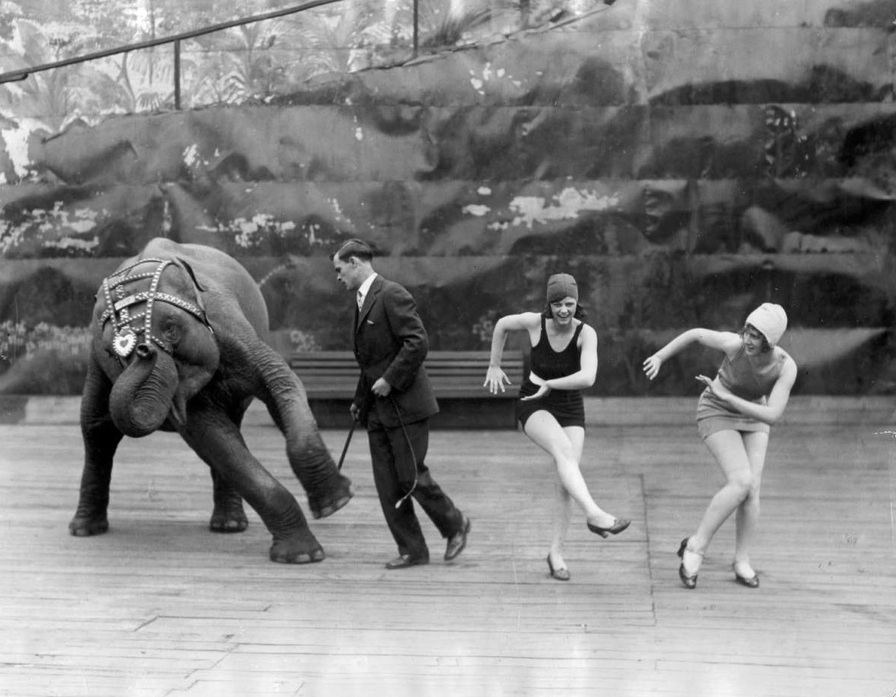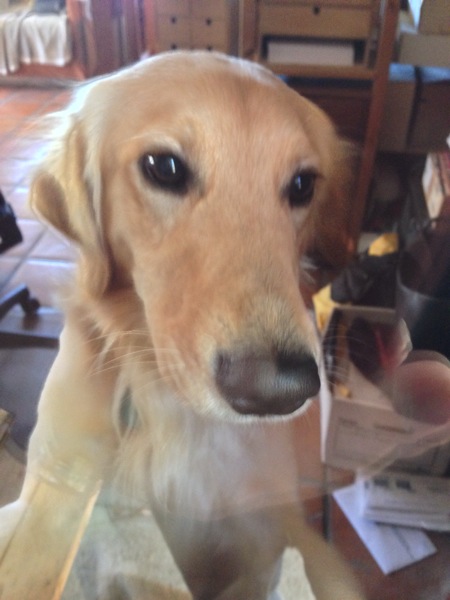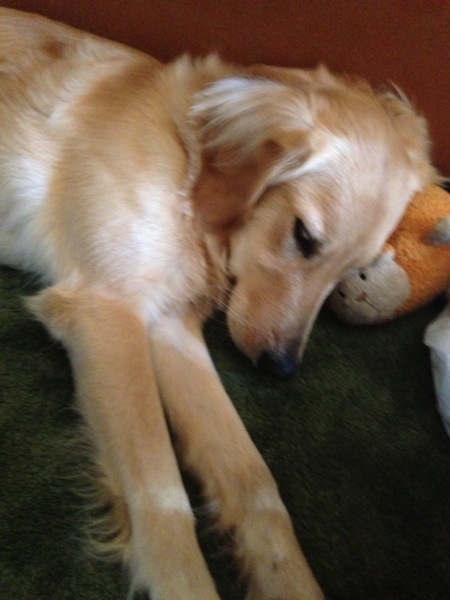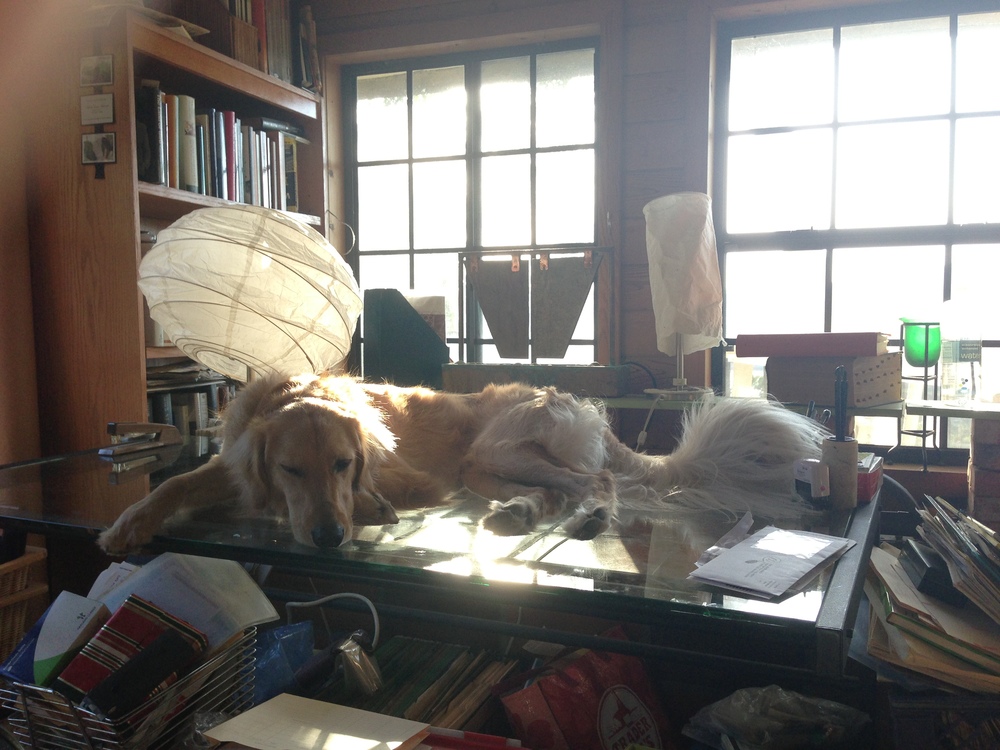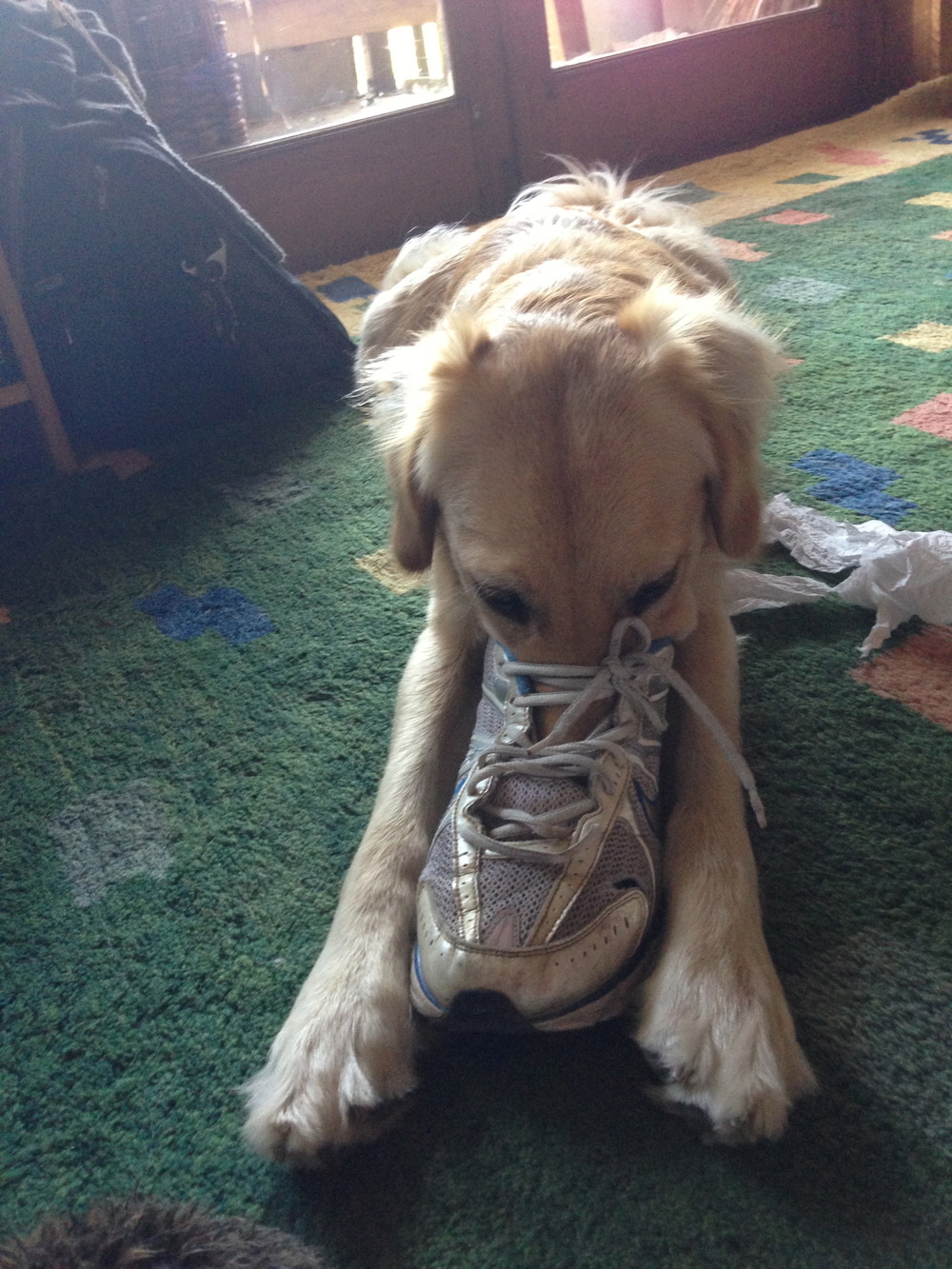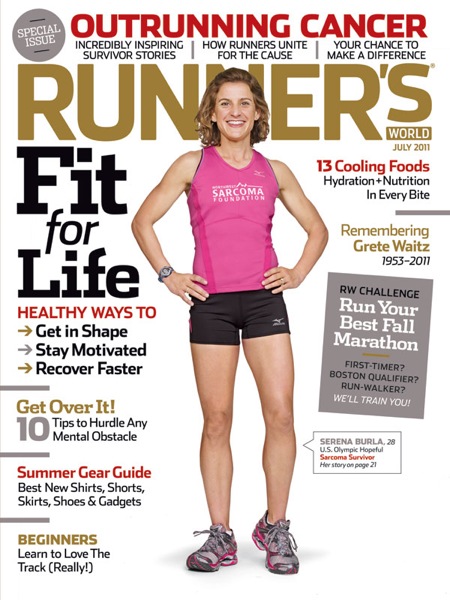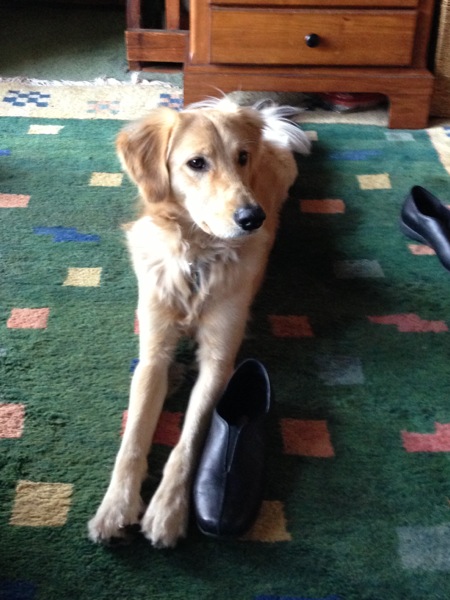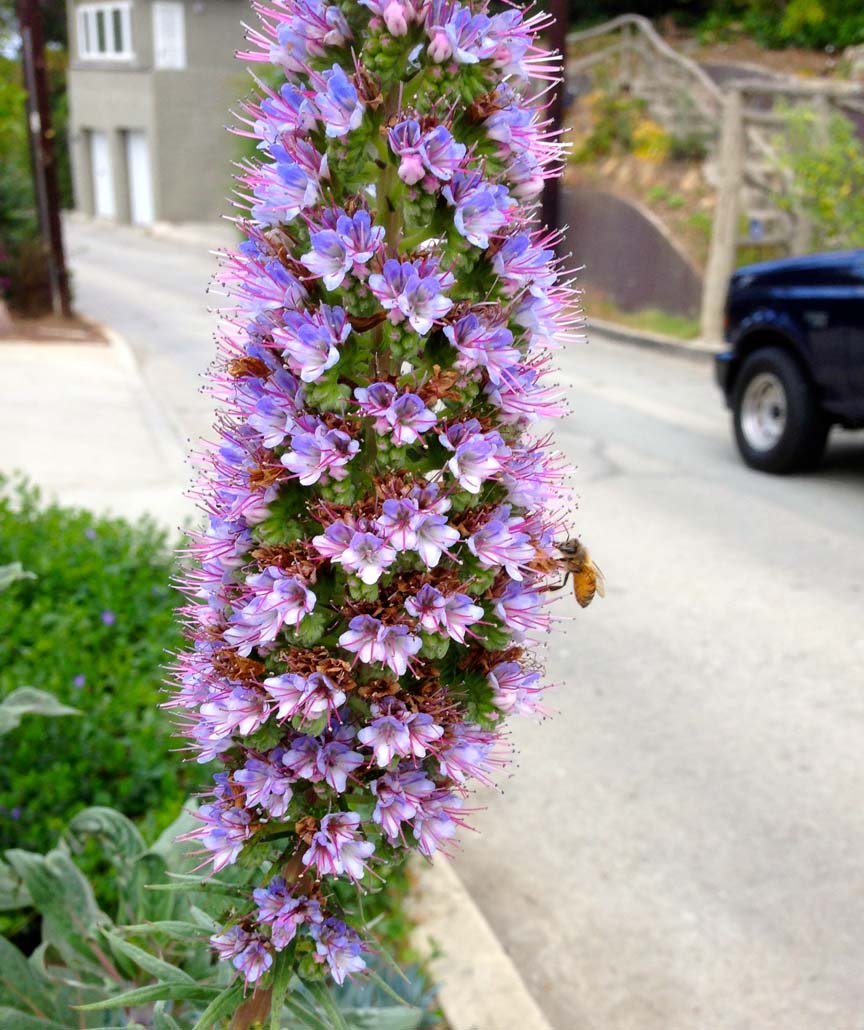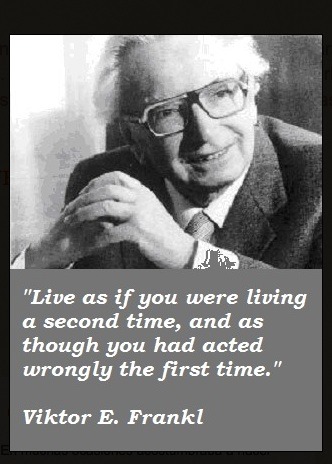 I would never have presumed to compare my suffering as a cancer patient with that of a prisoner in Auschwitz. It took the thoughtful and compassionate Dr. Arash Asher, director of survivorship and rehabilitation at Cedars-Sinai, to show me the connecting thread.
I would never have presumed to compare my suffering as a cancer patient with that of a prisoner in Auschwitz. It took the thoughtful and compassionate Dr. Arash Asher, director of survivorship and rehabilitation at Cedars-Sinai, to show me the connecting thread.
I had asked Dr. Asher to help me understand how experts view the challenges of longterm cancer survivorship. He discussed physical and mental issues. "Then," he said, "there's the existential."
Ah. Among the zillions of words I've written about cancer, existential had never come up. It instantly clicked into place as that perfect expressioin that had been on the tip of my tongue the whole time.
"Have you read Man's Search for Meaning?" Dr. Asher asked.
I'm reading it now. Dr. Viktor Frankl's mighty work, rooted in his experience in three Nazi concentration camps, reveals that physical strength alone is no guarantee of survival. In Auschwitz, those most likely to survive were those who had the mental will to find meaning in their lives -- in life itself.
Frankl writes that his own life was saved more than once by his power to imagine himself elsewhere. He describes how, being whipped, cursed, and marched in the freezing wind to a work detail, he escaped into a vision of a loving conversation with his wife. "I did not know whether my wife was alive, and I had no means of finding out…; but at that moment it ceased to matter. There was no need for me to know; nothing could touch the strength of my love, my thoughts, and the image of my beloved."
Again, I don't presume to compare the circumstances. Yet during chemo I had similar experiences; my imagination came to my rescue. I supposed I ought to be facing reality. Throughout my childhood, I'd gotten in trouble for daydreaming. Yet when the adversary was cancer, I was sure that my dreams were saving my life.
The whole point behind Well Again is that cancer changes nothing less than our existence. Life beyond cancer can never be the same. So we get a chance to make it better. We deserve to reimagine and rebuild our lives based on happiness, adventure, education—whatever 'Well Again' means for us.
TO BE CONTINUED......

